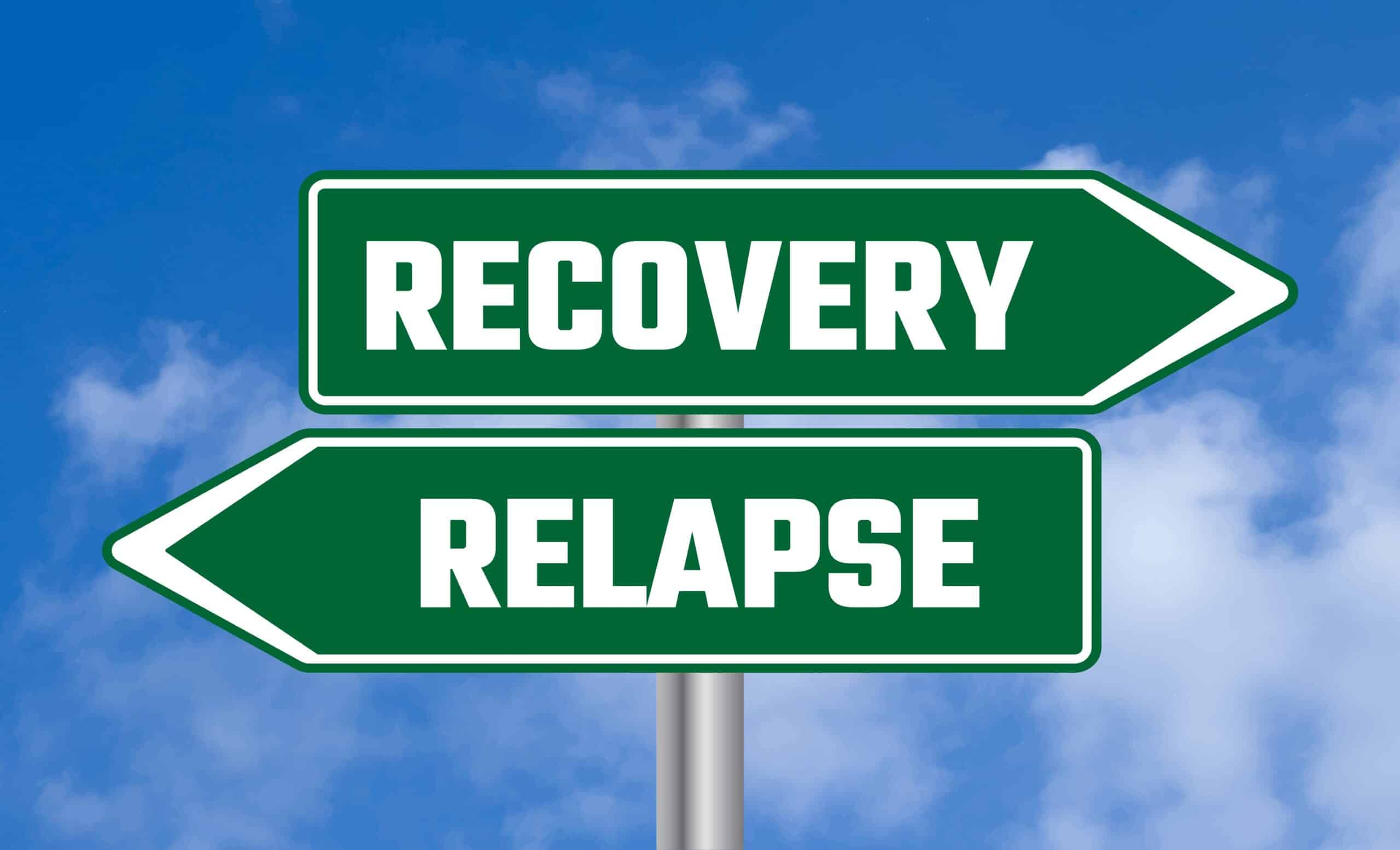You’ve worked hard to get sober, and you want to stay that way. Recovery is a journey, but relapse can sneak up if you’re not careful. Knowing the warning signs helps you stay on track after addiction treatment.
1. Feeling Overconfident
You might think you’ve beaten addiction for good. This can make you skip meetings or ignore triggers. Stay humble and stick to your recovery plan.
2. Skipping Support Groups
Missing meetings or therapy sessions is a red flag. You need support to stay sober. Keep attending your groups to avoid relapse.
3. Hanging Out with Old Friends
Spending time with people who use substances is risky. You might feel tempted to join them. Choose sober friends who support your recovery.
4. Increased Stress
Life’s pressures can push you toward old habits. You might crave substances to cope. Use relaxation techniques, like breathing exercises, to manage stress.
5. Lying to Others
Hiding your feelings or actions is a warning sign. You might lie about where you’ve exterminated. Be honest with your support network to stay accountable.
6. Romanticizing Past Use
Thinking about “good times” with substances is dangerous. You might forget the pain addiction caused. Remind yourself why you chose sobriety.
7. Feeling Bored
Boredom can lead to cravings. You might want substances to fill the void. Find hobbies, like reading or sports, to keep busy.
8. Neglecting Self-Care
Skipping meals or sleep hurts your recovery. You’re more likely to relapse when you’re tired. Eat well and rest to stay strong.
9. Sudden Mood Swings
Feeling angry or sad out of nowhere is a sign. You might be struggling inside. Talk to a counselor to sort out your emotions.
10. Avoiding Responsibility
Ignoring work or family duties can signal trouble. You might feel overwhelmed and turn to substances. Take small steps to stay on top of tasks.
11. Craving Substances
Wanting drugs or alcohol is a clear warning. You might think one use won’t hurt. Reach out to a friend or sponsor right away.
12. Isolating Yourself
Pulling away from others is risky. You might feel alone and tempted to use. Stay connected with people who care about you.
13. Poor Decision-Making
Making impulsive choices, like skipping therapy, is a red flag. You might act without thinking. Pause and ask for advice before deciding.
14. Blaming Others
Feeling like everyone else is the problem can lead to relapse. You might use substances to escape. Take responsibility for your actions to stay sober.
15. Physical Symptoms
Feeling shaky or sick might mean you’re struggling. Your body could be reacting to stress or cravings. See a doctor or counselor to get help.
What to Do
Spotting these signs early saves your sobriety. Reach out to your support group or therapist fast. You can stop a relapse before it starts.
Stress, boredom, and old habits are common triggers. Stay active, honest, and connected to avoid them. Your recovery depends on staying alert.
Keep Fighting
You’ve come far since addiction treatment. Watch for these signs every day. You’re strong enough to keep your sobriety.
Some moments will test you. Don’t give up. Reach out for help. Your new life is worth protecting.



